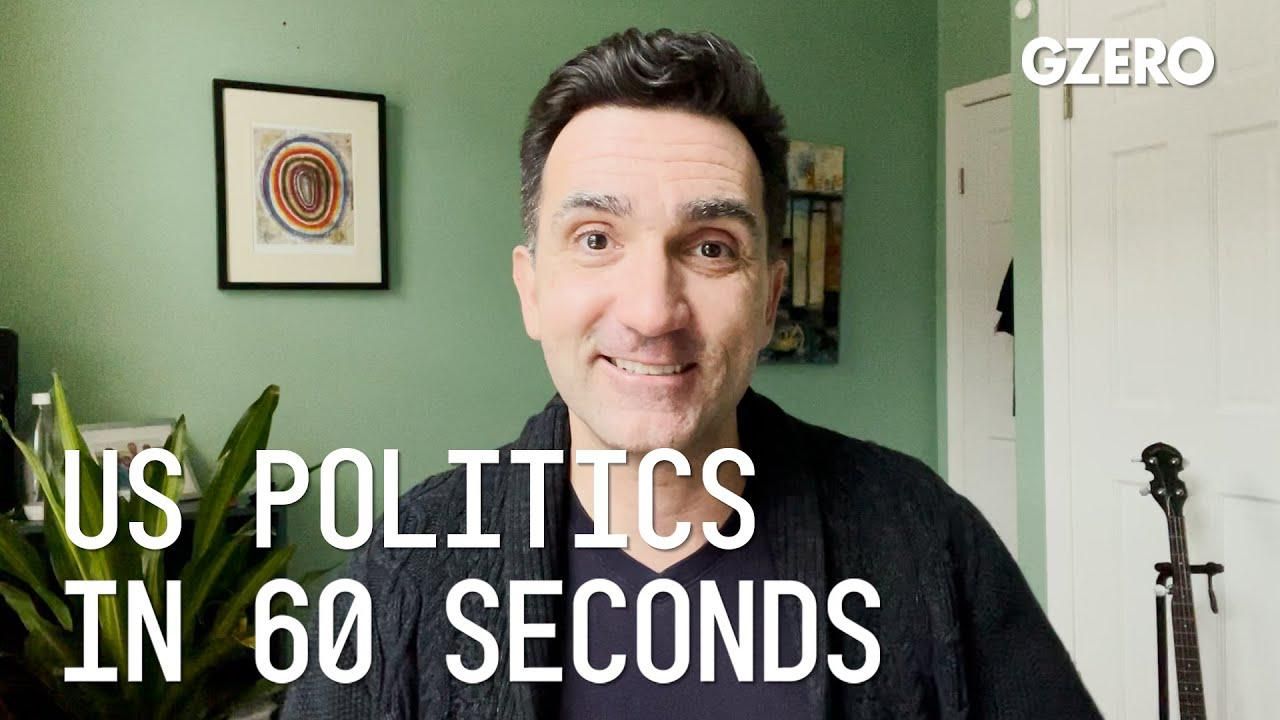
Get insights on the latest news in US politics from Jon Lieber, head of Eurasia Group's coverage of political and policy developments in Washington:
Why is everyone so interested in Ted Cruz's vacation?
Well, the junior Senator from Texas took a little trip down to Cancun with his family this week, which normally wouldn't be that big of a deal, except it was in the middle of historic snowstorm that froze the entire state, left millions without water or electricity.
While other prominent Texas politicians are out trying to help people get water, get access to food, get warm, Cruz took off for Cancun with his family. And this immediately broke on social media causing him to come home the next morning, under the excuse that he was just escorting them down there overnight. But Ted Cruz is officially Twitter's bad guy for the day, and this probably has lasting repercussions, forming popular opinion of him, while the rest of the state freezes.
What is the Biden administration doing to reopen the schools?
Well, the Biden administration is in a bit of a bind because they've been sending conflicting messages. Their CDC director said that it's probably safe for teachers to go back to the school, even without the vaccine. But their political operation has been a little bit more gun-shy in part because of their alliance with the US teachers' unions, who don't want to send their teachers back if there's even a remote possibility that they might get sick. Biden himself has been a little bit mixed in his messaging about when they want to get people back to school, but the $1.9 trillion COVID relief bill that we expect to pass in the next several weeks, includes tens of billions of dollars for school reopenings, on top of the hundreds of billions of dollars that have already been spent in the CARES Act and the December relief bill. So, money is not the problem getting kids back in school right now. It's the willingness of families and the willingness of teachers to take the risk.